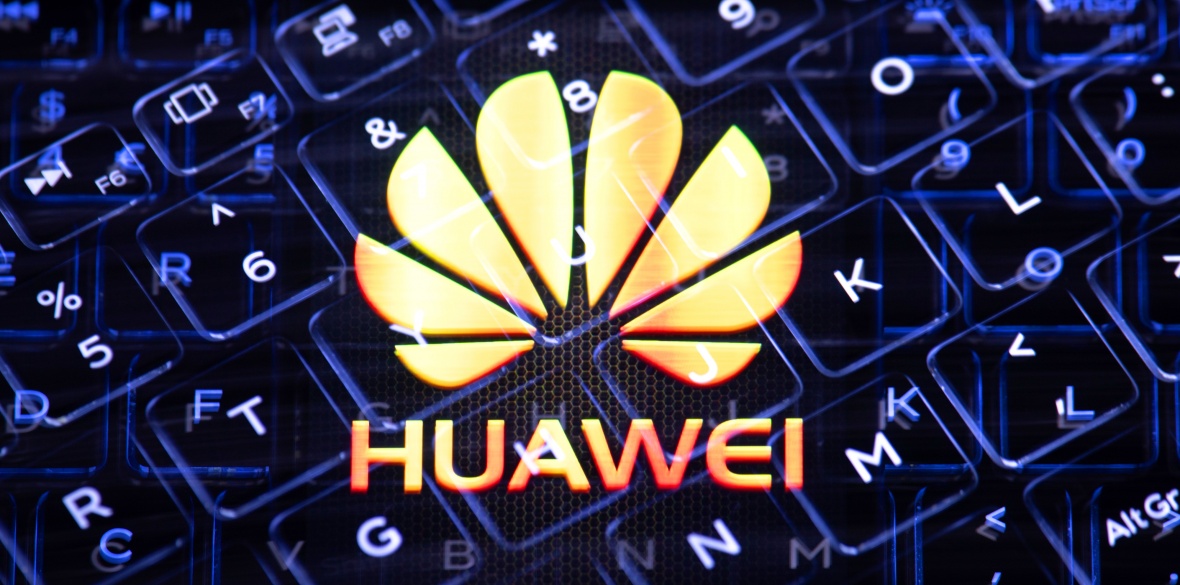THE BRITISH government claims its U-turn on using Chinese company Huawei in building our 5G network is down to security concerns.
But Culture Secretary Oliver Dowden’s own admission that the decision to exclude the firm came after reviewing the impact of new US sanctions shows us who’s calling the tune.
Ripping Huawei technology out of the 5G network by 2027 is a direct result of pressure from the United States.
Ironically, Britain’s national security committee’s conclusion is not so much that using Huawei to build the network is unsafe, but that US sanctions against China have made it unsafe — because a ban on Huawei using computer chips based on US designs imposed by the White House in May means the company will be forced to find alternatives, the reliability of which is an unknown for British spooks.
This illustrates the reality of the new cold war being pushed by US President Donald Trump. As with its illegal blockade of Cuba, the US relies on its economic and military might to browbeat other countries into falling in line with its foreign policy priorities.
US Secretary of State Mike Pompeo has claimed that using Huawei is a threat to British sovereignty: a more serious threat is our government’s inability to stand up to the White House.
The war on Huawei is not really about security. The government does not have similar qualms over the way data-harvesting corporations such as Google and Facebook have handed quantities of user data over to the US government. It does not accuse Huawei of involvement in espionage.
It is rather about Washington’s anxiety over Chinese technological development, especially Beijing’s commitment to producing Chinese global leaders in most high-tech industries by 2025.
The United States has attacked these development goals, arguing that China’s significant public investment in high-tech industry, the deployment of state-owned firms and co-ordination of activity across the public and private sectors, including in academic research, prevent “fair” competition and put foreign companies at a disadvantage.
It is important that the left sees through these arguments. For one thing, the litany of hysterical US threats against countries which continue to work with Huawei are hardly an example of fair competition.
More importantly, the market has signally failed to meet the challenges of climate change or direct the revolution in artificial intelligence and robotics along lines that raise living standards for the majority.
The public, planned investment in solutions should take precedence over corporate concerns over profits.
Lining up behind the US to throw up barriers against Chinese technology retards our ability to meet these challenges.
China leads the world in green technology, from solar power to electric vehicles. It is rolling out the world’s most extensive and advanced high-speed rail network, with trains reaching speeds that could eliminate the need for domestic air travel.
Co-operation with Chinese developers in these fields would help Britain meet its climate change targets; yet our government opts instead to fawn on a United States led by a climate change denier who has withdrawn from the Paris agreement on reducing emissions.
None of those issues are affected directly by the decision over who builds our 5G network. A government with a proper industrial policy might even look to building British companies that could carry out the work previously assigned to Huawei.
But the Huawei decision is important. It reflects increasing hostility to China in official circles and increasing subordination to the diktats of the United States. It binds Britain ever more securely to Trump’s side at a time when the White House is tearing up international agreements and walking out of international organisations.
We are joining Washington in a new cold war inspired by its determination to remain the world’s sole superpower, without thought to the potential risks. Socialists and peace activists should oppose this anti-China hysteria. It is dangerous and wrong.












